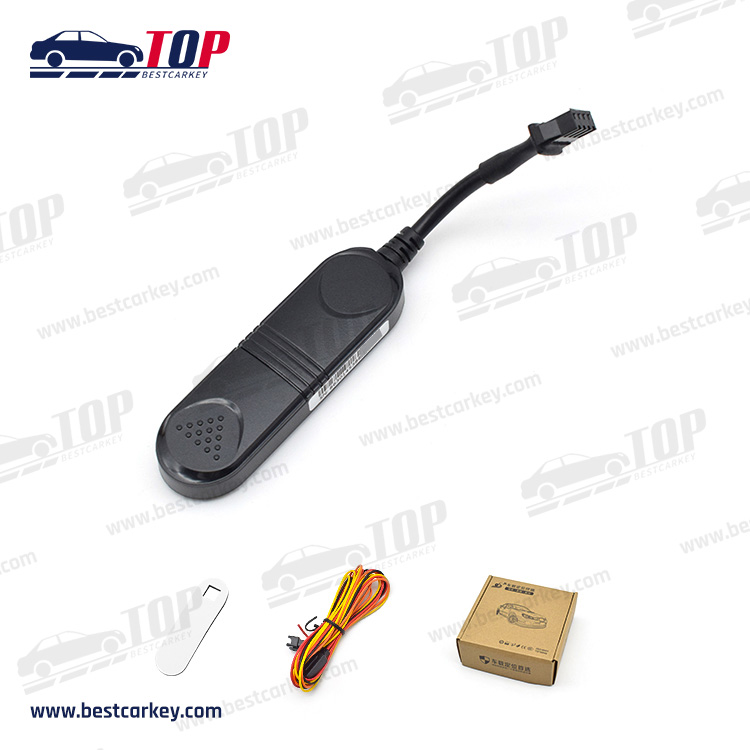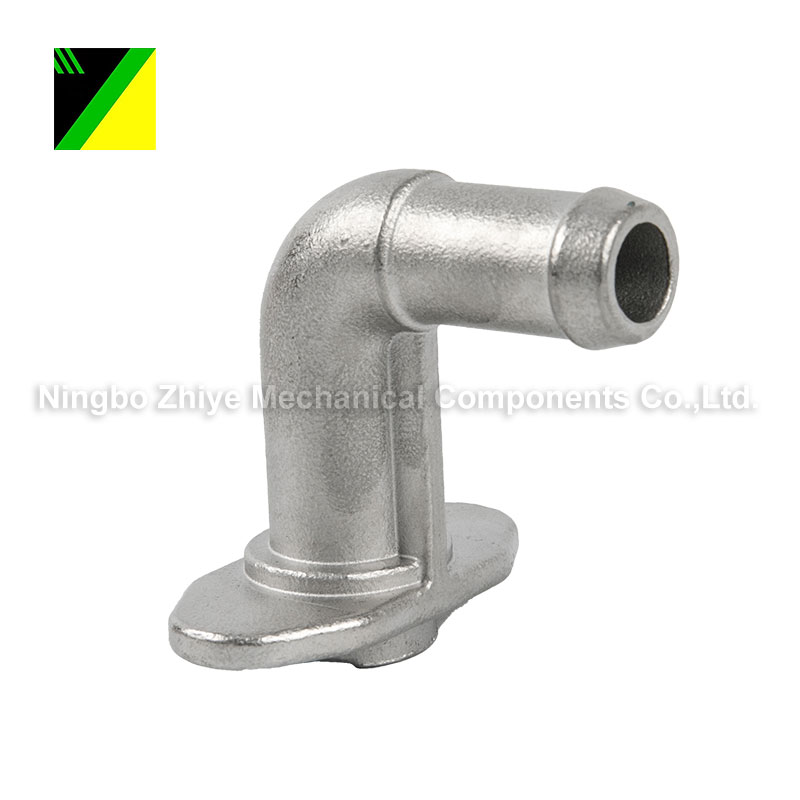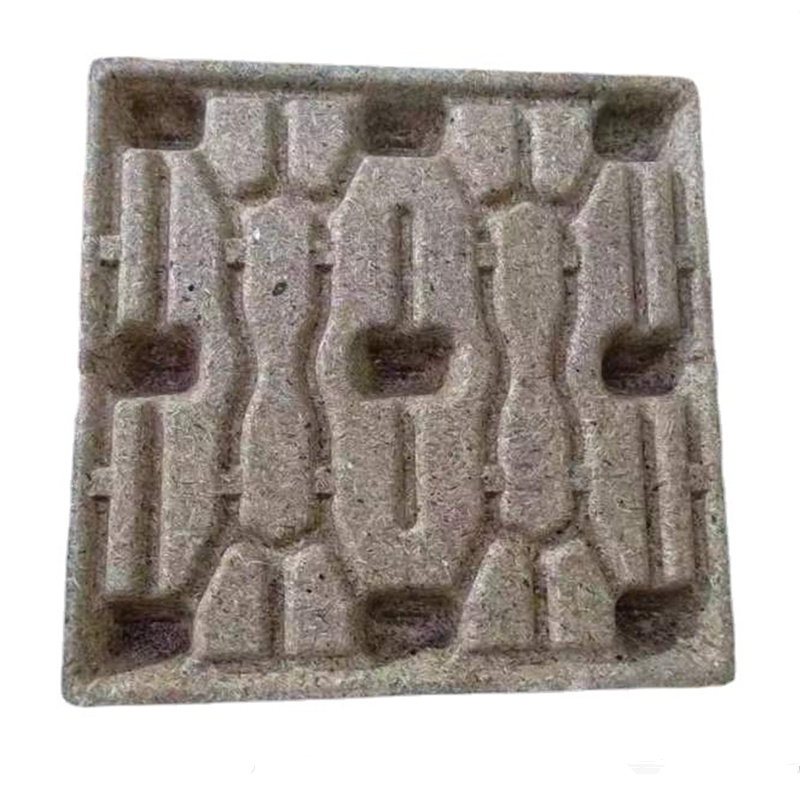2g GPS Tracker
A 2G GPS tracker is a type of tracking device that uses 2G network technology for communication. It typically uses a combination of GPS (Global Positioning System) and cellular connectivity to provide real-time location tracking for vehicles, assets, or individuals.Here are some key points about 2G ......
Send Inquiry
Product Description
A 2G GPS tracker is a type of tracking device that uses 2G network technology for communication. It typically uses a combination of GPS (Global Positioning System) and cellular connectivity to provide real-time location tracking for vehicles, assets, or individuals.
Here are some key points about 2G GPS trackers:
1. Network Compatibility: 2G GPS trackers are designed to work with 2G cellular networks, which were widely used before the emergence of faster network technologies like 3G, 4G, and 5G. However, it's important to note that 2G networks are being phased out in many countries as cellular providers focus on deploying newer technologies. Therefore, it's crucial to check the availability of 2G network coverage in your area before choosing a 2G GPS tracker.
2. GPS Functionality: The tracker uses GPS technology to determine its precise location. It receives signals from multiple satellites to calculate latitude, longitude, and altitude coordinates. This information is then transmitted through the cellular network to a central monitoring system or a user's device.
3. Real-time Tracking: 2G GPS trackers offer real-time tracking capabilities, allowing you to monitor the location of the tracked object or individual in real-time. This can be useful for fleet management, asset tracking, personal safety, or monitoring the whereabouts of loved ones.
4. Geofencing: Many 2G GPS trackers support geofencing features. Geofencing allows you to set up virtual boundaries or zones on a map. When the tracked object or person enters or exits these predefined areas, you can receive notifications or alerts.
5. Additional Features: Depending on the specific model and brand, 2G GPS trackers may offer various additional features such as SOS buttons for emergencies, over-speed alerts, historical tracking data, power disconnect alerts, and more.
It's important to research and select a 2G GPS tracker that aligns with your specific tracking needs and also consider future-proofing by ensuring network compatibility with your cellular provider's infrastructure. As technology advances, it may be beneficial to consider trackers that support newer network technologies to ensure long-term usability.










